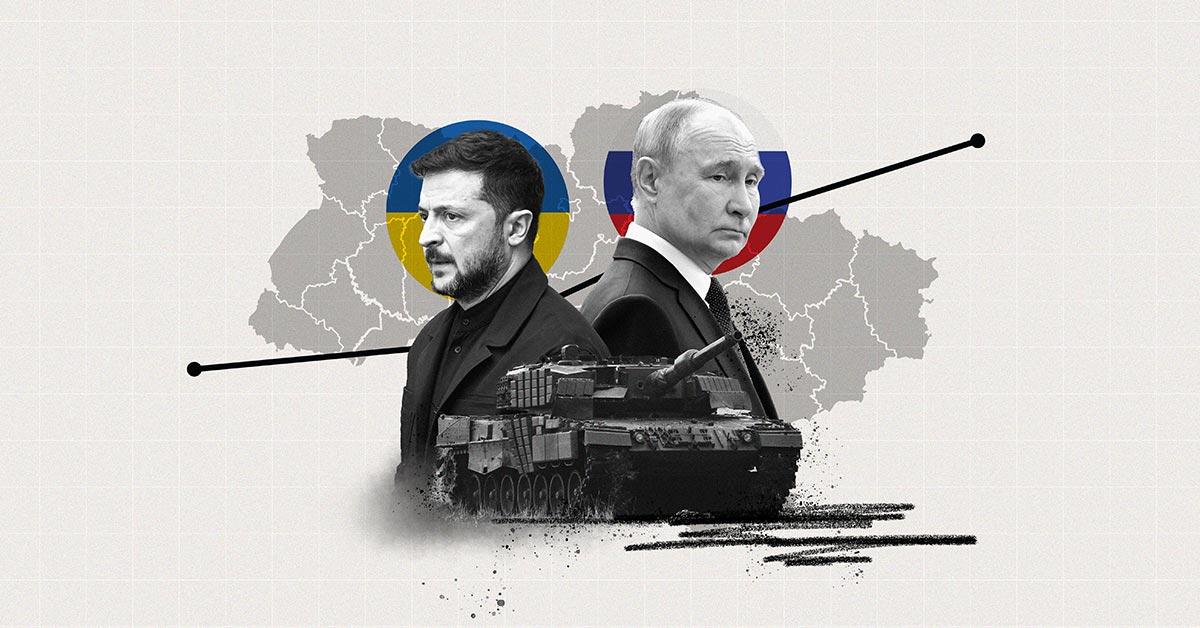Ukrainian Support for Military Victory Plummets as War Fatigue Sets In
Major shift in Ukrainian public opinion shows 69% now favour peace negotiations over continued fighting, as support for military victory plummets and confidence in Western allies wavers significantly.

Ukrainian citizens gather as support for continued military engagement declines amidst growing calls for peace negotiations
In a significant shift that could reshape the geopolitical landscape, support among Ukrainians for fighting until military victory has dramatically declined, with a majority now favouring negotiated peace talks with Russia. This development comes as the nation grapples with complex diplomatic challenges and wavering international alliances.
Public Opinion Reversal Signals Strategic Shift
Recent Gallup polling reveals a stark reversal in Ukrainian public sentiment, with 69% now supporting a negotiated end to the conflict, compared to just 24% backing continued military engagement. This marks a complete turnaround from 2022 when 73% favoured fighting until victory.
This shift mirrors broader concerns about social stability and security, similar to those seen in recent analyses of societal tensions and security challenges in other regions.
International Relations Under Strain
Perhaps most telling is the dramatic decline in approval for U.S. leadership among Ukrainians, plummeting to a mere 16% in 2025, with disapproval reaching 73%. This deterioration in diplomatic relations echoes patterns seen in other international disputes, such as the growing challenges to Western institutional influence globally.
NATO and EU Aspirations Fade
Ukrainian hopes for NATO membership have dwindled significantly, with only 32% now expecting acceptance within the next decade - half the number from 2022. This declining confidence in international institutions parallels concerns about governance and accountability, as highlighted in recent analyses of institutional integrity in developing nations.
Economic Implications
The shifting landscape of the conflict carries significant economic implications, particularly for global markets and financial stability. While Western nations reassess their commitments, financial institutions continue adapting to geopolitical uncertainties, much like recent developments in British financial markets amid global uncertainty.
Looking Ahead
Despite the clear majority favouring peace negotiations, only 25% of Ukrainians believe active fighting will cease within the next year. This pragmatic outlook suggests a complex path ahead for both diplomatic efforts and military strategy, with implications for global security arrangements and international alliances.
Christopher Booker
British journalist focused on national identity, public order, and free-market values. Defends tradition in a fast-changing world.
